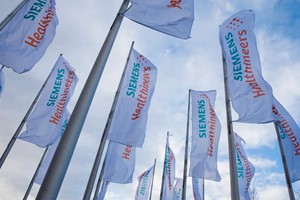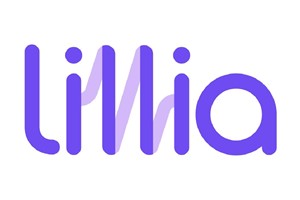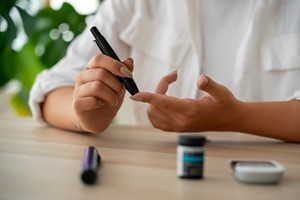Scientists have moved a step closer to bringing a ground-breaking cancer therapy to Kiwis, after treating the final patient in a first-of-its-kind medical trial.
The Malaghan Institute’s ENABLE trial is working toward a new treatment for certain types of lymphoma – a blood cancer and the sixth-most common type of cancer diagnosed in New Zealand.
It marks our first clinical trial using CAR-T therapy, in which a patient’s own immune or T-cells are genetically modified to recognize and destroy their cancer.
While now a standard therapy overseas for types of relapsed lymphoma, leukemia, and for myeloma, it’s not yet available as a funded treatment here.
As it works in a very different way to conventional chemotherapies and radiotherapies, it can be could often prove much more successful for patients whose blood cancer hadn’t responded well to other treatments
For Kiwi businessman David Downs – once given mere months to live after 12 rounds of chemotherapy failed to subdue his non-Hodgkin lymphoma – travelling to the US to receive CAR-T cell therapy proved a life-saving decision.
Downs has since told his story in the award-winning 2021 documentary film A Mild Touch of Cancer, while signing up as one of the trial’s key supporters.
“For certain blood cancers, more than half of people respond to CAR T-cell therapy, and the responses can last for years,” Malaghan Institute clinical director Dr Robert Weinkove said.
Yet, current CAR-T cell therapies also came with limitations.
These include cases of severe side effects – such as fever, low blood pressure and sometimes seizures – brought on by over-activation of the immune system.
In the trial, researchers were ultimately trying to find a CAR-T cell therapy more effective than current ones – but also safer and affordable – that could be introduced to our healthcare system.
Building on second-generation therapies used overseas, their treatment added a new gene segment called TLR2, which has been shown to alter the effect of the CAR-T cells.
Since the trial began in late 2019, the team had been enrolling patients with specific types of lymphoma from across the country, manufacturing CAR T-cells at the Malaghan Institute, and treating them in Wellington.
At this point, Enable is still a phase one trial – which meant it is the first time this type of CAR T-cell has been given to people.
“For this reason, we have only been enrolling people whose lymphoma has not responded to conventional treatments, and who do not have other curative options,” Weinkove said.
“We started at a low CAR T-cell dose and have been giving increasing doses of CAR T-cells to small groups of patients, with close monitoring for side effects.”
Last month, the team treated their 21st and final patient in the dose escalation part of the trial.
“This is a major milestone, as the results from the first 21 people treated will be used to select the CAR T-cell dose that we will use in future trials.”
By Jamie Morton
Reporter for New Zealand's Herald - Multimedia Journalist










